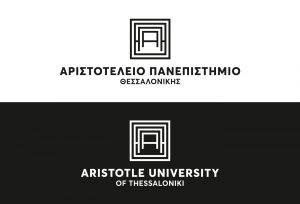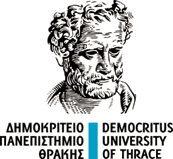Date
02/09/2019 - 06/09/2019
Location
Alonissos Island, Greece
Co-organized through ODYSSEA Project by:
|
School of Biology Aristotle University of Thessaloniki |
Department of Environmental Engineering Democritus University of Thrace |
|
|
|
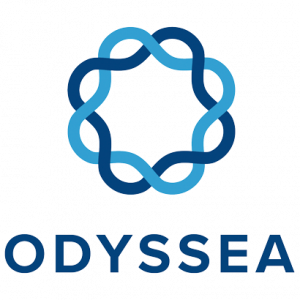 |
|
Supported by Thalassa Foundation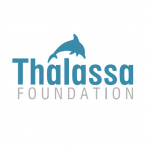
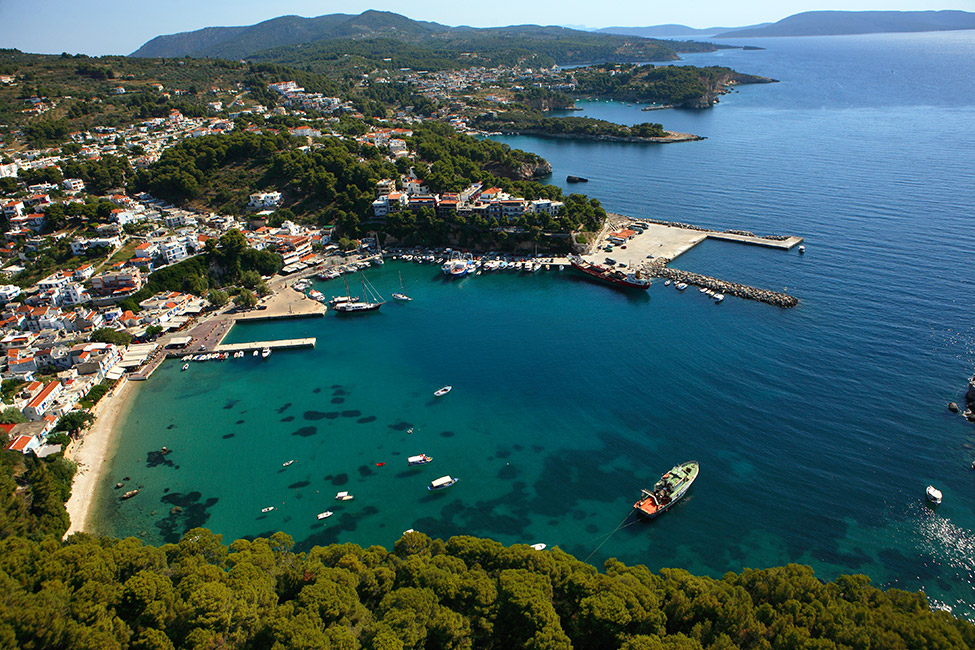
The overall objective of the 2nd ODYSSEA Summer School is to stimulate a scientific dialogue and create a learning experience on oceanography and fisheries in the Mediterranean context. After the end of the program, the trainees will be able to:
- Understand the basic concepts of oceanography and fisheries science
- Use the ODYSSEA project platform for retrieving, managing and processing oceanographic, environmental and fisheries data of the Mediterranean Sea
- Retrieve and use oceanographic datasets and explore international databases on the marine environment
- Learn about the modern developments on marine instruments and sensors used in field sampling for operational oceanographic monitoring
- Learn to assemble fisheries data and monitor marine mammal populations
- Understand fisheries reference points and main stock assessment models and their applicability in fisheries management
- Understand ecological models and their role in marine ecosystem management
Monitoring and forecasting of the marine environment is a challenge for oceanographers, as in the last few decades marine ecosystems have been subject to intense human pressure (pollution, extensive fishing and aquaculture, coastal erosion, tourism, etc.), coupled with climate change. Therefore, the protection and sustainable economic exploitation of these ecosystems requires real-time monitoring and operational prognostic modeling. In parallel, the volume of data concerning the marine environment collected both by satellites and on-site monitoring instruments is enormous and can be categorized as “Big Data”. All these data need to be retrieved, processed, interpreted and then fed into numerical models for reanalysis and forecasting.
The 2nd ODYSSEA Summer School introduces trainees to all stages of operational oceanography and fisheries, aiming towards the Blue Growth of the Mediterranean Sea.
The program intends to train oceanographers and biologists, young researchers, PhD students or professionals at the early stages of their careers who are interested in learning to manage the available marine environmental, oceanographic and fisheries data to provide targeted and understandable information to the relevant end-users.
The selection of the trainees (min. 20-max. 25) will be carried out by the two principal instructors (Professor Georgios Sylaios, Department of Environmental Engineering, Democritus University of Thrace and Associate Professor Athanassios Tsikliras, School of Biology, Aristotle University of Thessaloniki).
Registration and attendance of lectures will be free of charge. Students are required to cover all costs related to travel, accommodation, local transportation and other living expenses.
|
Module 1 |
Introduction to Operational Oceanography |
|
Content |
Current trends in oceanography, operational research, oceanographic data platforms, users of oceanographic data in the Mediterranean, modern tools in data analysis |
|
Teaching staff |
Georgios Sylaios, Nikolaos Kokkos, Maria Zoidou |
|
Hours |
8 |
|
Module 2 |
Modern marine instrumentation and sensors |
|
Content |
Instruments for operational oceanographic monitoring, installation and receiving data, static monitoring systems and gliders, practical applications. |
|
Teaching staff |
Georgios Sylaios and Nikolaos Kokkos |
|
Hours |
8 |
|
Module 3 |
Sampling and surveying |
|
Content |
Using oceanographic instruments at sea, onboard collection of fisheries data, habitat mapping and underwater observations, monitoring marine mammal populations. |
|
Teaching staff |
Georgios Sylaios, Athanassios Tsikliras, Andoniki Pardalou, Donna Dimarchopoulou, Nikolaos Kokkos, Konstantinos Zachopoulos |
|
Hours |
8 |
|
Module 4 |
Fisheries stock assessment and management |
|
Content |
Data requirements, fisheries models, reference points, stock assessment and fisheries management, fish biology, data-poor areas. |
|
Teaching staff |
Athanassios Tsikliras, Andoniki Pardalou |
|
Hours |
8 |
|
Module 5 |
Marine ecological modelling |
|
Content |
Marine ecosystems, mass-balance models, balancing, data requirements, ecosystem based fisheries management, spatial and temporal scenarios. |
|
Teaching staff |
Donna Dimarchopoulou |
|
Hours |
8 |
|
Day |
Time |
Activity |
Instructor |
|
Monday |
09.00-13.30 |
Introduction to Operational Oceanography – The ODYSSEA Platform and business cases |
Sylaios, Kokkos, Zoidou |
|
Monday |
14.00-18.00 |
Modern marine instrumentation and sensors |
Sylaios, Kokkos |
|
Tuesday |
09.00-13.30 |
Sampling at sea: oceanographic instruments |
Sylaios, Kokkos, Zachopoulos |
|
Tuesday |
14.00-18.00 |
Data analysis from CMEMS and ODYSSEA Platform |
Sylaios, Kokkos |
|
Wednesday |
09.00-13.30 |
Data analysis: Combining oceanographic and marine biology data |
Sylaios |
|
Wednesday |
14.00-18.00 |
Introduction to fisheries |
Tsikliras, Dimarchopoulou |
|
Thursday |
09.00-13.30 |
Collecting fisheries data and assessing the status of stocks |
Tsikliras, Pardalou |
|
Thursday |
14.00-18.00 |
Sampling at sea: marine mammals monitoring |
Pardalou |
|
Friday |
09.00-13.30 |
Sampling at sea: habitat mapping and underwater observations |
Dimarchopoulou, Pardalou |
|
Friday |
14.00-18.00 |
Ecological modelling |
Dimarchopoulou |
Participants successfully attending the Summer School will be awarded a certificate of attendance which will provide them with 3 ECTS.
Please send a short CV and a motivation letter (max 1 page) in English.
The deadline for the submission of applications is 15 JULY 2019.
Applications should be submitted electronically to both:
Georgios Sylaios (gsylaios@env.duth.gr)
Athanassios Tsikliras (atsik@bio.auth.gr)
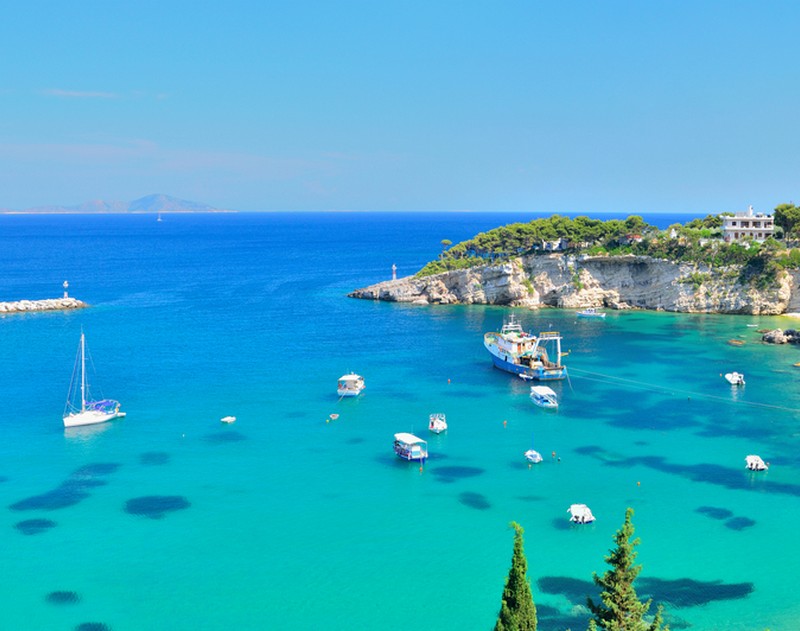
Location and access: Alonissos is a small island belonging to northern Sporades Islands of the western Aegean Sea. The standard way to reach Alonissos is through the port of Volos, a coastal city in central Greece with no airport. However, during the summer months Alonissos is directly connected to Thessaloniki on a daily basis with high speed ferries. Thessaloniki port is almost an hour far from the airport by bus.
Accommodation: participants have to make their own accommodation arrangements. A list of hotels and BnB rooms will be provided.
 ODYSSEA Summer School 2019 (376.6 KiB)
ODYSSEA Summer School 2019 (376.6 KiB)
